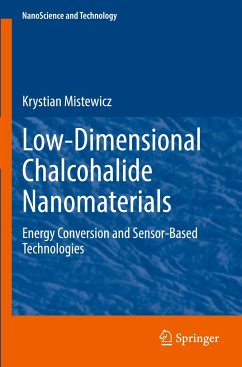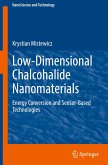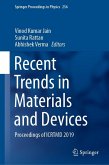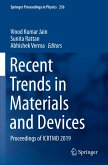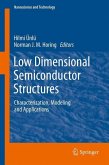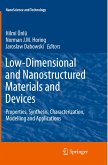This book provides a deep insight into recent achievements in synthesis, investigation, and applications of the low-dimensional chalcohalide nanomaterials. The large number of interesting phenomena occur in these compounds, including ferroelectric, piezoelectric, pyroelectric, electrocaloric, Seebeck, photovoltaic, and ferroelectric-photovoltaic effects. Furthermore, the outstanding photoelectrochemical, photocatalytic, and piezocatalytic properties of the chalcohalide nanomaterials have been revealed. Since many chalcohalide semiconductors possess both photoactive and ferroelectric properties, they are recognized as photoferroelectrics.
It presents an overview of fabrication of chalcohalide nanomaterials using different methods: mechanical milling of bulk crystals, liquid-phase exfoliation, vapor phase growth, hydro/solvothermal methods, synthesis under ultrasonic irradiation, microwave synthesis, laser/heat-induced crystallization, electrospinning, successive ionic layer adsorption and reaction. The strategies of the chalcohalide nanomaterials processing for construction of functional devices are presented.
The book describes solution processing for thin films preparation, spin-coating deposition of polymer composites, solution casting, films deposition via drop-casting, high pressure compression of nanowires into the bulk samples, pressure assisted sintering, and electric field assisted alignment of nanowires. The applications of the chalcohalide nanomaterials for mechanical/thermal energy harvesting and energy storage are presented. Major challenges and emerging trends in fabrication, characterization, and future applications of low-dimensional chalcohalide nanomaterials are discussed.
A wealth of information for scholars, graduate students, and engineers involved in research of nanomaterials.
It presents an overview of fabrication of chalcohalide nanomaterials using different methods: mechanical milling of bulk crystals, liquid-phase exfoliation, vapor phase growth, hydro/solvothermal methods, synthesis under ultrasonic irradiation, microwave synthesis, laser/heat-induced crystallization, electrospinning, successive ionic layer adsorption and reaction. The strategies of the chalcohalide nanomaterials processing for construction of functional devices are presented.
The book describes solution processing for thin films preparation, spin-coating deposition of polymer composites, solution casting, films deposition via drop-casting, high pressure compression of nanowires into the bulk samples, pressure assisted sintering, and electric field assisted alignment of nanowires. The applications of the chalcohalide nanomaterials for mechanical/thermal energy harvesting and energy storage are presented. Major challenges and emerging trends in fabrication, characterization, and future applications of low-dimensional chalcohalide nanomaterials are discussed.
A wealth of information for scholars, graduate students, and engineers involved in research of nanomaterials.

